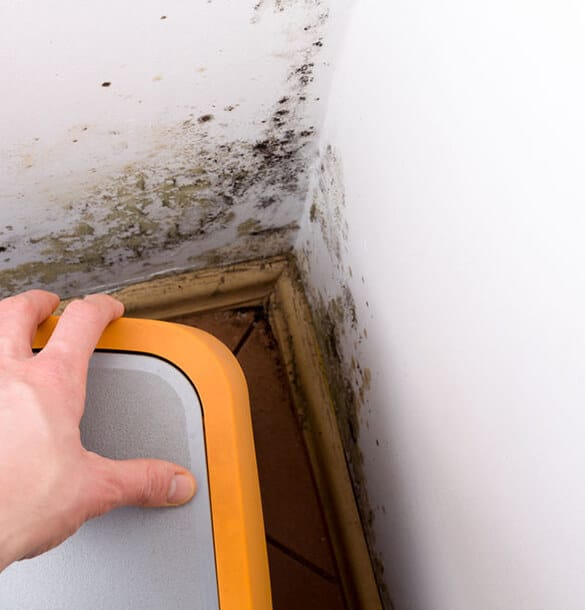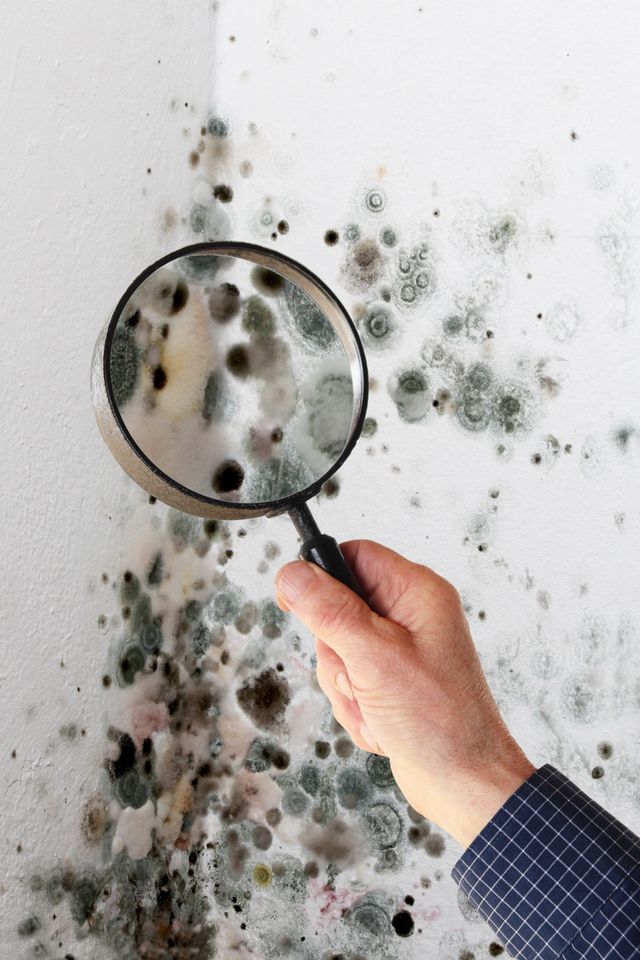After Mold Remediation Techniques for Clean Spaces
After Mold Remediation Techniques for Clean Spaces
Blog Article
Effective Post Mold Removal Solutions for Your Home
Mold and mildew development in homes can be a relentless concern, commonly calling for a methodical technique for efficient post-remediation services. From understanding the factors that contribute to mold and mildew growth to carrying out appropriate cleaning techniques and dampness control procedures, the procedure can be elaborate yet essential for maintaining a healthy and balanced living setting. Furthermore, checking out natural removal remedies and developing a routine for ongoing upkeep are crucial elements of an extensive mold removal method. As property owners strive to resolve mold concerns, locating one of the most effective remedies ends up being critical for the health of their families.
Recognizing Mold Development Variables
Mold and mildew development is affected by a selection of variables that are critical to understand in order to successfully resolve and avoid its expansion. Comprehending these aspects is essential in applying effective mold and mildew removal methods. The key element adding to mold and mildew development is moisture. Mold and mildew spores need moisture to prosper and sprout, making humid or damp atmospheres highly at risk to mold infestations. Poor ventilation can also lead to moisture buildup, producing an excellent breeding place for mold and mildew.

Additionally, airflow and light direct exposure can impact mold development. Areas that do not have proper air flow and natural light are a lot more susceptible to mold and mildew development. By resolving these elements adequately, individuals can effectively alleviate mold and mildew growth and secure their living environments.
Appropriate Mold And Mildew Cleaning Strategies
Using efficient cleaning techniques is necessary in resolving and preventing the reappearance of mold and mildew contamination in interior settings. The very first step in appropriate mold cleansing is to include the afflicted area to prevent the spread of spores to unpolluted locations.

Executing Dampness Control Actions
To efficiently stop mold and mildew development and contamination in indoor atmospheres, implementing wetness control procedures is extremely important. useful link Dampness is the sites primary factor that fuels mold and mildew growth, making it crucial to manage humidity levels within the home. One effective step is to make use of dehumidifiers to maintain indoor moisture degrees listed below 60%. In addition, ensuring appropriate ventilation in locations vulnerable to moisture buildup, such as washrooms and cooking areas, can help in reducing the threat of mold and mildew development. Consistently inspecting and fixing any kind of leakages in plumbing, roofing systems, or windows is additionally essential in preventing excess dampness buildup. Utilizing exhaust fans while cooking or bathing, and enabling air flow by keeping furnishings a little away from walls can assist in moisture control. Making use of moisture-resistant products in high-humidity locations, such as mold-resistant drywall and paints, can be advantageous. By diligently applying these wetness control measures, home owners can efficiently reduce the chance of mold and mildew recontamination and maintain a healthy and balanced indoor atmosphere.
Utilizing All-natural Remediation Solutions
After successfully implementing dampness control procedures to stop mold development in indoor environments, homeowners can currently explore the efficiency of all-natural remediation solutions in keeping a healthy and balanced living space. All-natural remediation solutions make use of ecologically friendly approaches to fight mold and mildew and mold, making them a popular selection for those seeking safe alternatives. By including these natural remediation options into their cleansing routines, home owners can successfully combat mold and mildew growth while advertising a much healthier interior environment for themselves and their households.

Maintaining a Mold-Free Atmosphere
Routinely inspecting areas vulnerable to mold and mildew growth, such as restrooms, attics, cellars, and kitchen areas, is important. Proper air flow in areas with high humidity degrees is likewise key to preventing mold and mildew remove mold on carpet growth.
In addition, maintaining sanitation in the home is vital for mold and mildew avoidance. Maintaining indoor plants in check and guaranteeing proper drain in outside landscape design can minimize wetness accumulation, decreasing the probability of mold and mildew problems.
Verdict
In final thought, it is essential to deal with mold and mildew development factors, make use of proper cleaning strategies, apply moisture control actions, utilize all-natural remediation services, and maintain a mold-free atmosphere in order to effectively take care of message mold and mildew remediation in your house - After mold remediation. By following these methods, you can prevent mold from reoccuring and guarantee a healthy and balanced living setting for you and your family
The main variable contributing to mold development is dampness. Mold spores need dampness to germinate and flourish, making damp or damp environments extremely at risk to mold invasions.To successfully protect against mold growth and contamination in interior settings, executing dampness control actions is paramount. Additionally, making sure correct air flow in locations vulnerable to moisture build-up, such as bathrooms and kitchens, can assist decrease the danger of mold growth.After effectively executing wetness control procedures to stop mold growth in indoor environments, homeowners can currently discover the performance of all-natural remediation services in maintaining a healthy living space.
Report this page